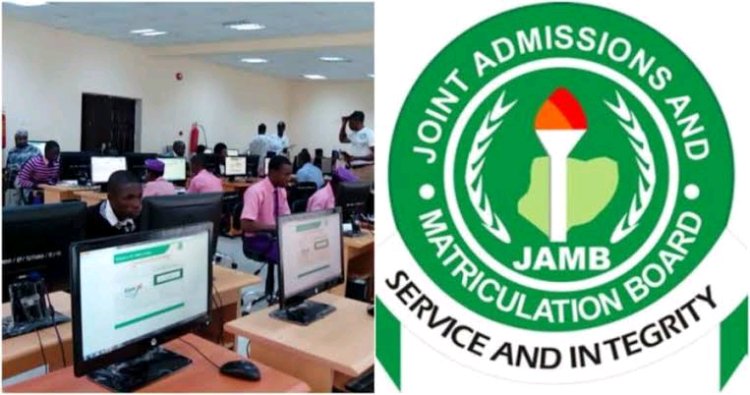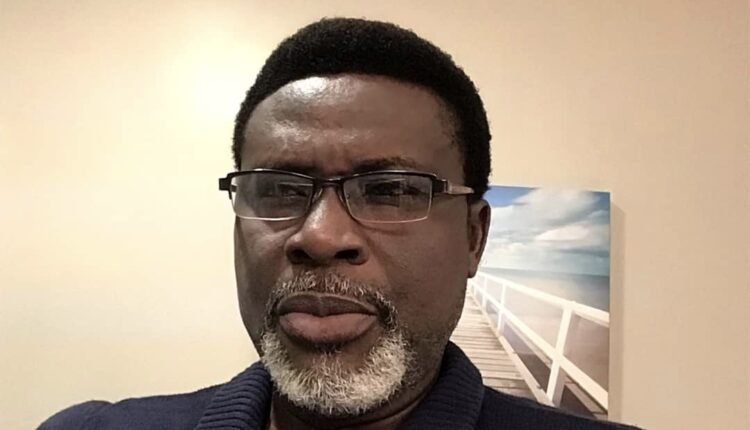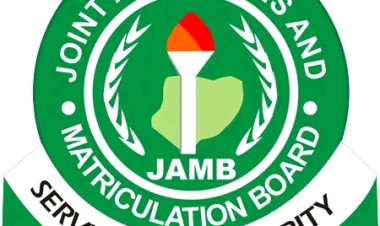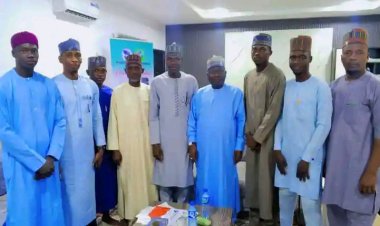JAMB Should be Scrapped, Deemed Irrelevant and Profit-Driven -PDP Chieftain
According to Onuesoke, the discrepancy between the vast number of candidates who sit for the JAMB examination and the limited number who score sufficiently high marks to secure admission into tertiary institutions is a cause for concern.

Chief Sunny Onuesoke, a prominent figure within Nigeria's political landscape, recently called for the total scrapping of the Joint Admission Matriculation Board (JAMB), deeming it irrelevant and profit-driven.

He made this assertion during a press interaction in Asaba, the Delta State capital, where he highlighted the institution's shortcomings. Onuesoke argued that JAMB operates as a money-making machine for the government, exploiting thousands of prospective students in the process.
According to Onuesoke, the discrepancy between the vast number of candidates who sit for the JAMB examination and the limited number who score sufficiently high marks to secure admission into tertiary institutions is a cause for concern. He criticized the system's inefficiency, noting that despite the significant fees collected from candidates, only a small fraction achieve high scores. This, he argued, unfairly denies determined and talented applicants the opportunity to pursue higher education.
Onuesoke emphasized the need for a more streamlined approach to university admissions, advocating for greater reliance on secondary school examination results, such as those from the West African Examinations Council (WAEC) and the National Examinations Council (NECO).
He proposed that universities should establish their own admission standards based on these results, rather than relying on a centralized examination system like JAMB. According to Onuesoke, this approach would provide a fairer and more transparent pathway to higher education for Nigerian students.





